The Biggest Myths and Misconceptions About World War II
World War II. A war in which approximately 70 to 85 million people died due to military action, war crimes, and war-related famine and disease.
It is a monumental chapter in human history, to say the least. All major world events almost, without fail, necessarily give rise to myths and misconceptions. Here we explore and debunk some of the prevailing misconceptions surrounding key aspects of the war.
Did President Roosevelt Know About Pearl Harbor Before it Happened?
One persistent myth suggests that President Franklin D. Roosevelt had prior knowledge of the Pearl Harbor attack and deliberately let it happen.
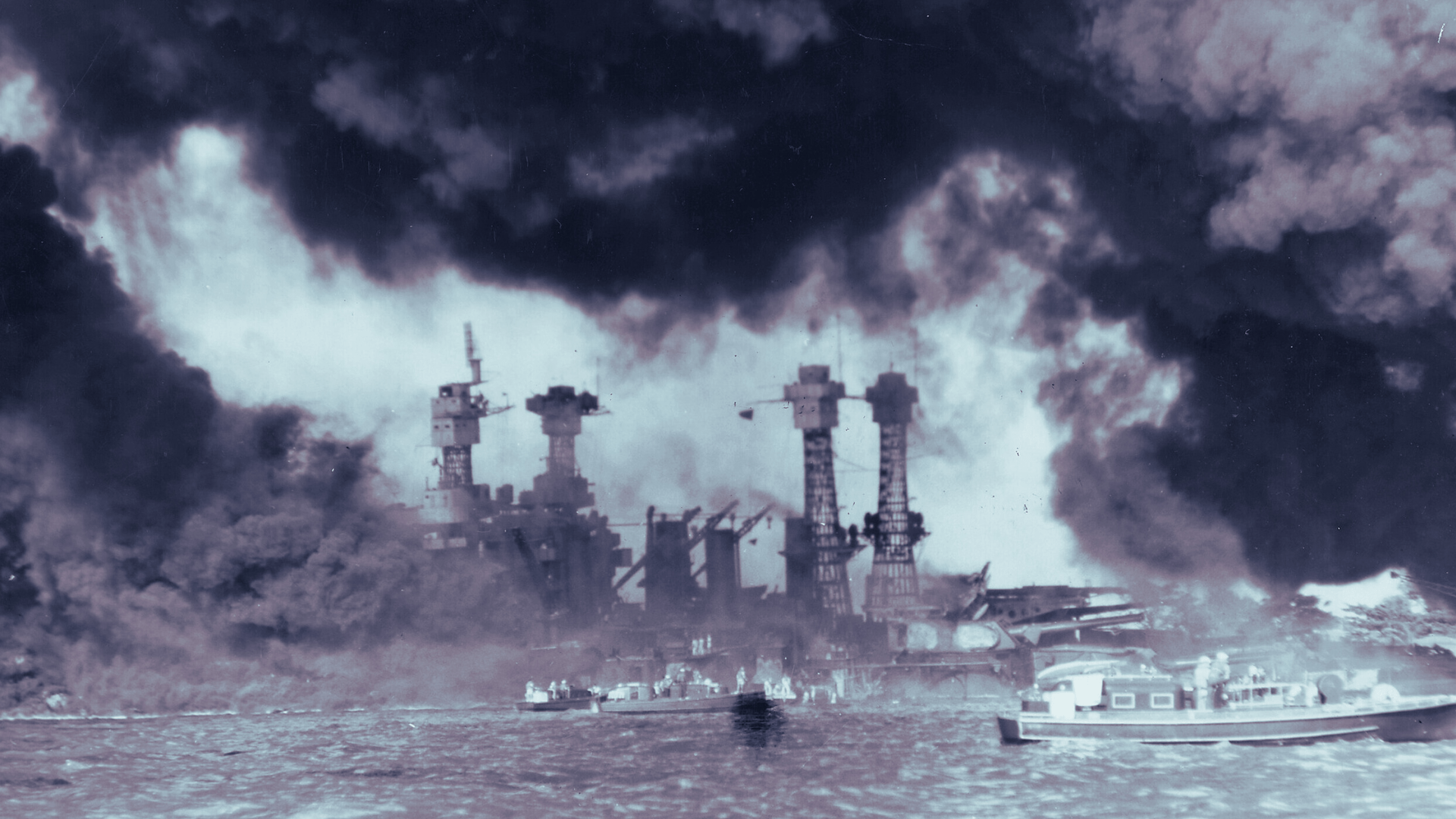
National Archives and Records Administration/Wikimedia Commons
This would mean that he knowingly allowed the deaths of nearly 2,500 American servicemen. However, this claim, which is often associated with conspiracy theories, lacks any substantiated evidence.
No Documented Proof Shows Roosevelt was Aware of Pearl Harbor
Despite theories from revisionist scholars, no documented proof indicates President Roosevelt’s awareness of the impending attack. Some have contended that he attempted to “sneak” the United States into the war via Pearl Harbor.
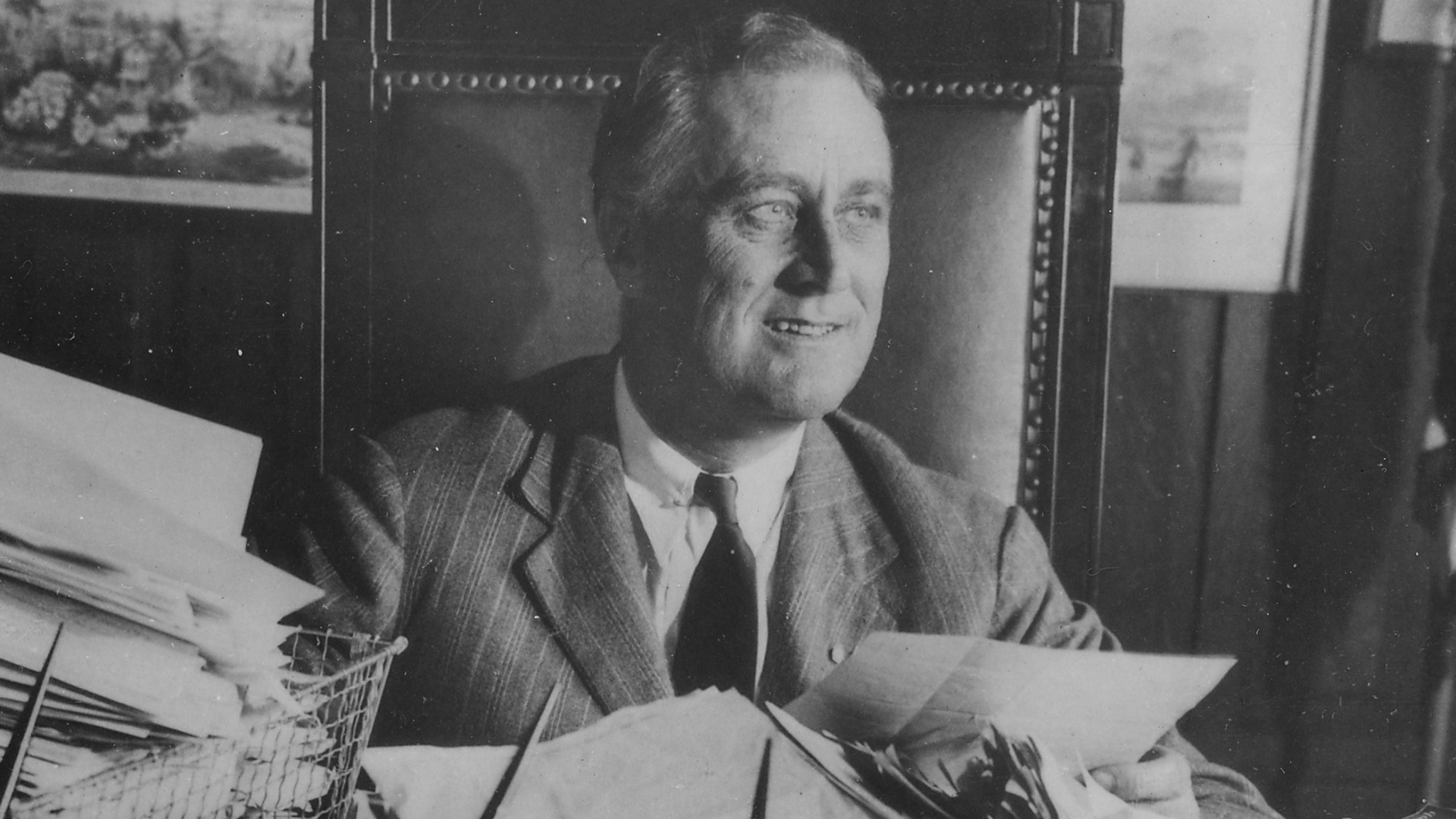
National Archives and Records Administration/Wikimedia Commons
Crafting an accurate intelligence picture amid a mountain of messages is a daunting task, especially when the vast majority of these messages were essentially just noise. Most of these revisionist theories are based on cherry-picked pieces of intelligence that do not paint an accurate picture. Dismissing the myth of Roosevelt’s foreknowledge is essential to understanding the true dynamics of the Pearl Harbor tragedy.
Was Erwin Rommel, “the Desert Fox,” the Greatest German General?
Contrary to popular belief, Erwin Rommel’s reputation as the greatest German general is challenged by scholars. While Rommel achieved acclaim for his tactics in WWI and in North Africa, including surprise attacks, rapid maneuvering, and nighttime marches, his unusual methods had many important limitations.
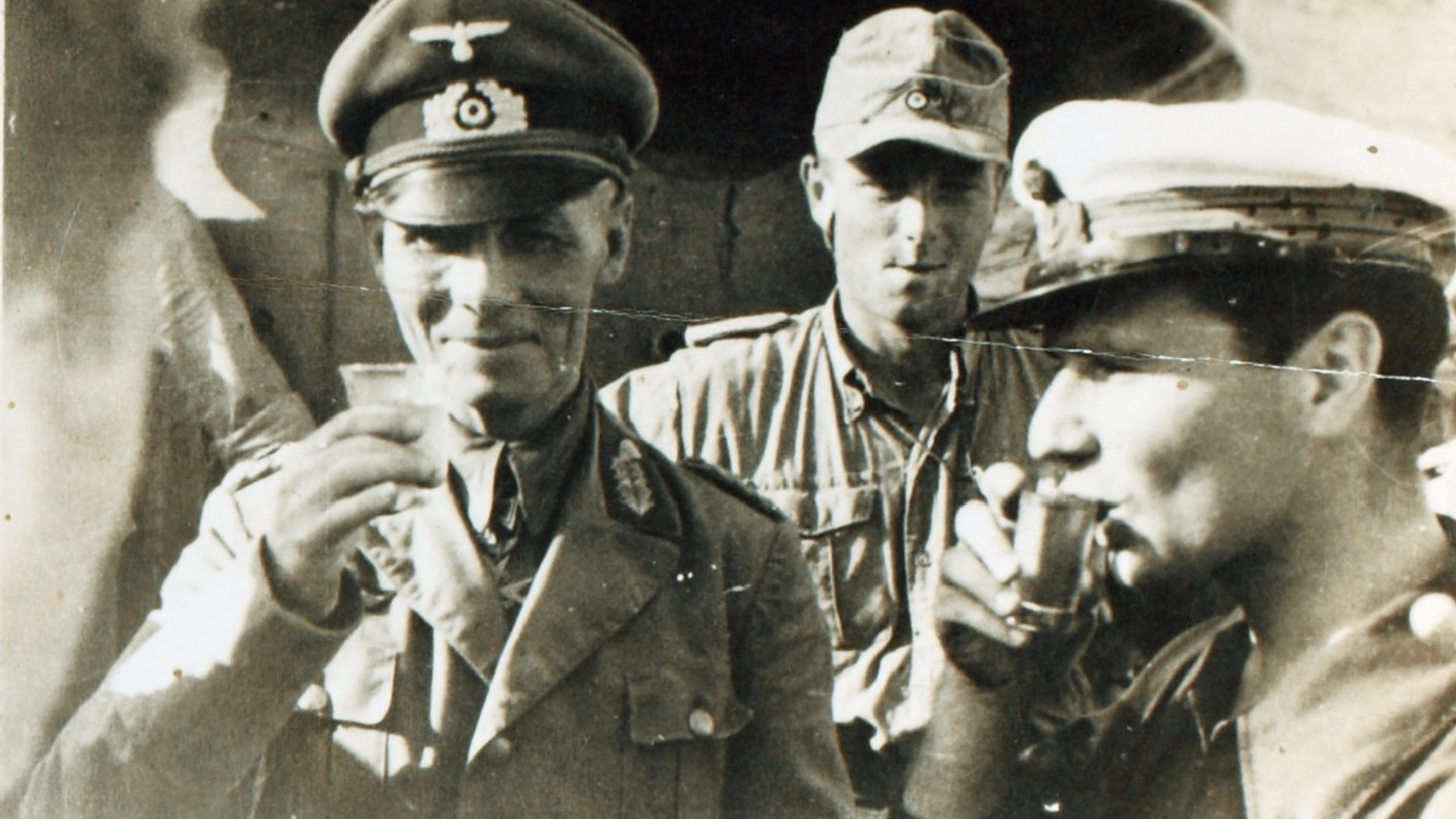
SDASM Archives/Wikimedia Commons
Probably the key issue with Rommel’s approach was his disregard for logistics. Logistics are not only a critical aspect of modern warfare, they were really everything in the desert environment Rommel and the Afrika Korps were fighting in.
Erwin Rommel’s Disregard for Logistics was His Downfall
His disregard for this key aspect of warfare hindered his ability to achieve long-term success.
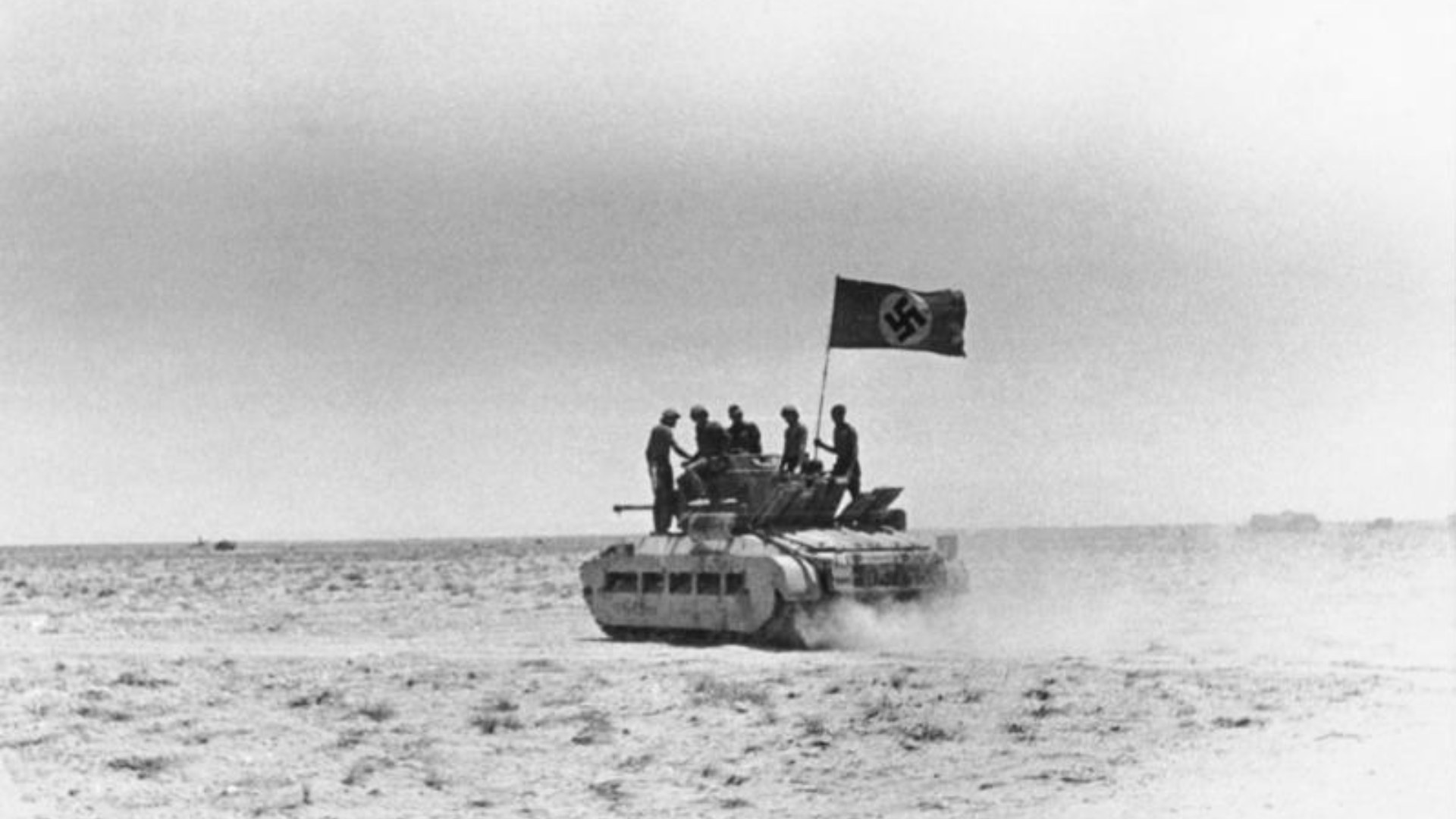
German Federal Archives/Wikimedia Commons
Rommel’s failure to secure lasting victories–he notably never reached the Suez Canal–shows just how important logistical acumen is on the modern battlefield. His complete ineptitude in thwarting the Allied D-Day invasion further diminishes the perception of Rommel as an incredible military strategist.
Was Hitler the Main Reason Why Germany Lost World War II?
Most common narratives tend to attribute every German misstep and strategic blunder in World War II to Adolf Hitler.
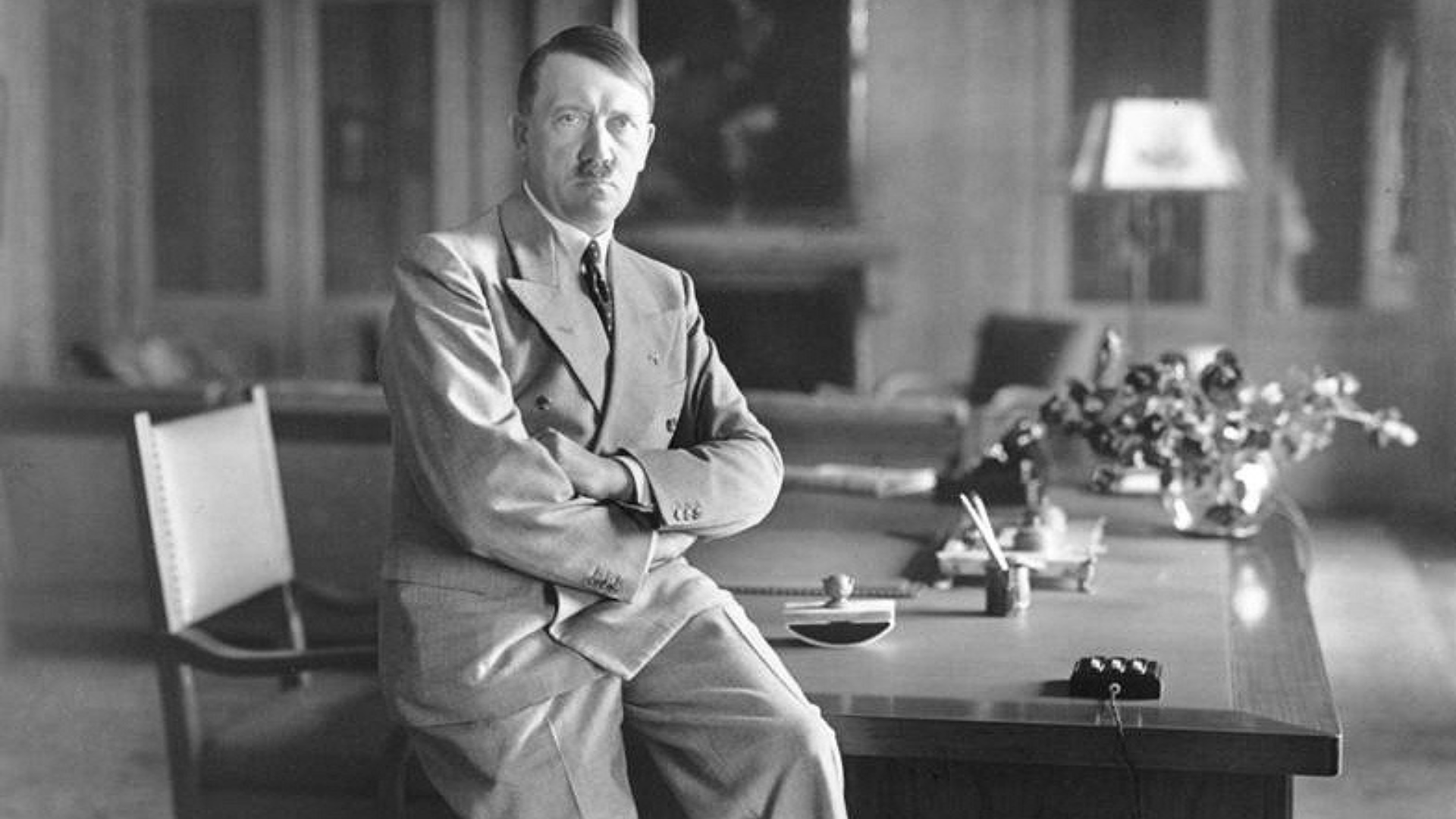
German Federal Archives/Wikimedia Commons
Of course, it’s true Hitler played a pivotal role in initiating the war and orchestrating the Holocaust. He annexed Austria and Czechoslovakia, and also initiated the invasion of Poland on September 1, 1939. These were key events that put the war in motion.
Blaming Hitler for Everything is Overly Simplistic
Still, it is overly simplistic to assign Hitler sole responsibility for every decision made by the German Army. Keep in mind that high-ranking generals supported Hitler throughout the war.
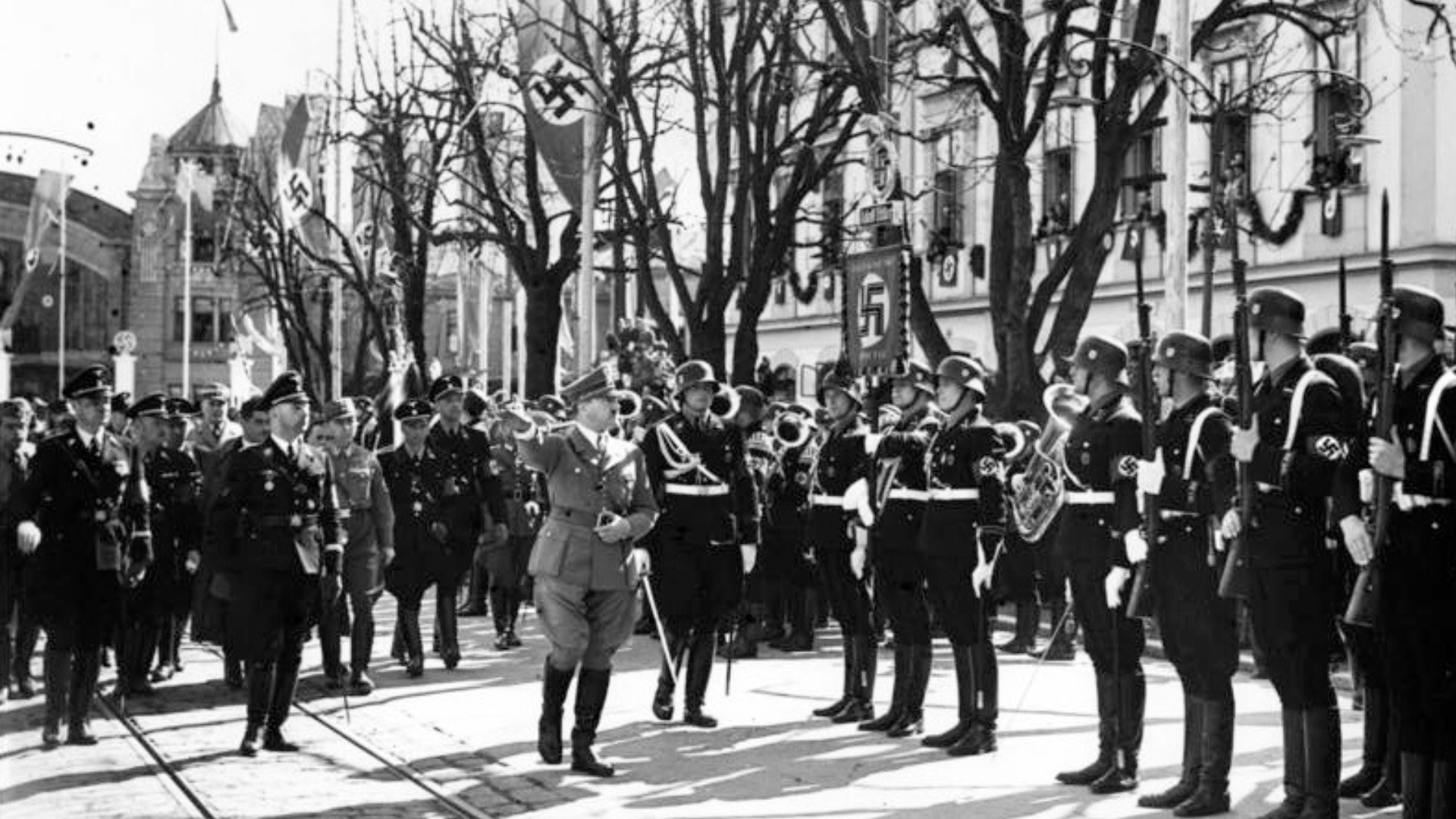
German Federal Archives/Wikimedia Commons
They were initially drawn to his promise of restoring German pride and later wanted to benefit from the country’s ongoing military expansion. Many post-war memoirs attempt to shift all the blame onto Hitler, which neglects these generals’ enthusiastic execution of his plans and unwavering loyalty. The generals bear responsibility for their large part in the war, especially keeping the German war machine running when all chances of victory were long gone.
Could Japan Have Won World War II by Destroying Pearl Harbor’s Oil Depots?
Many commentators have frequently discussed a hypothetical scenario where Japan could have won World War II.
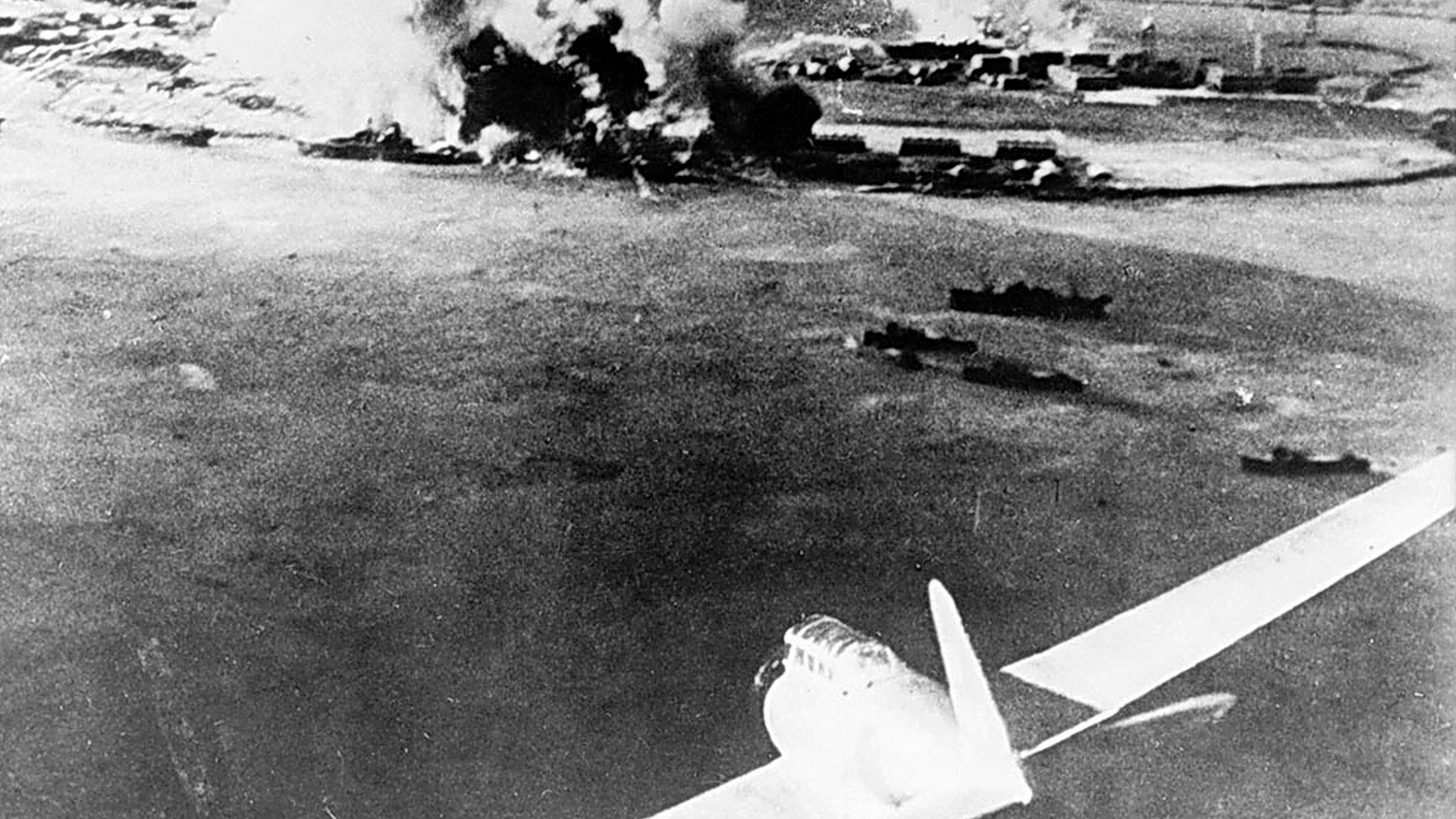
Unbekannt/Wikimedia Commons
They claim that, by targeting Pearl Harbor’s oil depots and tanks alongside the ships, they might have been able to push onward to California. This theory proposes that such an attack might have delayed the U.S. victory.
Japan Did Not Want an All-Out War with America
The notion that Japan could conquer America through the above tactics is flawed.
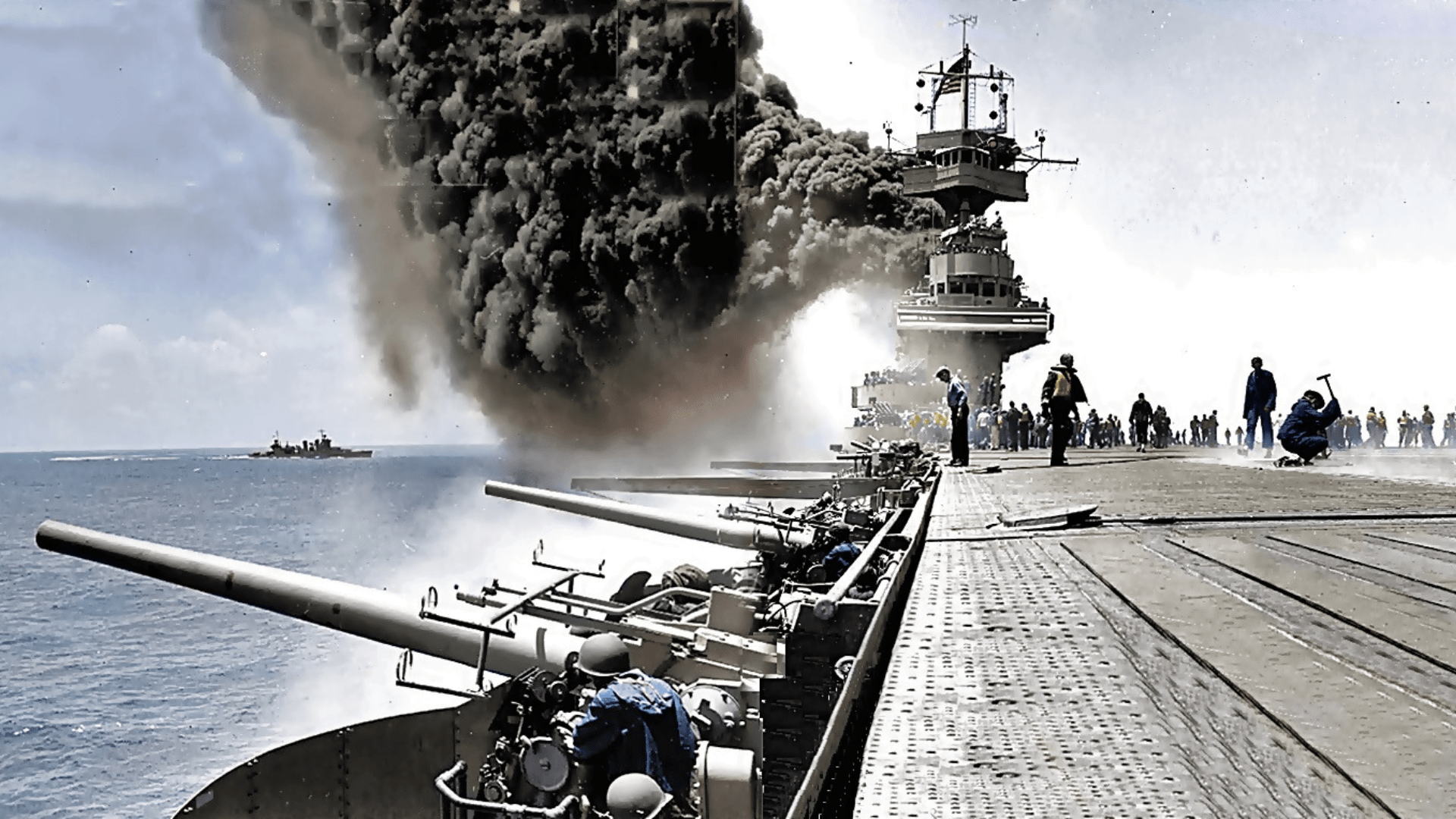
Cassowary Colorizations/Wikimedia Commons
Japan’s objective was really a limited war, focusing on destroying the U.S. fleet and establishing a Pacific empire that America couldn’t interfere with. Even if the fuel tanks were destroyed, the U.S. would have rebuilt them, and Japan’s ambitions for a prolonged, limited conflict would ultimately prove unsustainable.
Was There a DefiniteTurning Point in World War II?
Some commentators propose singular turning points in World War II. However, the very concept is challenged by how many events are labeled as such.
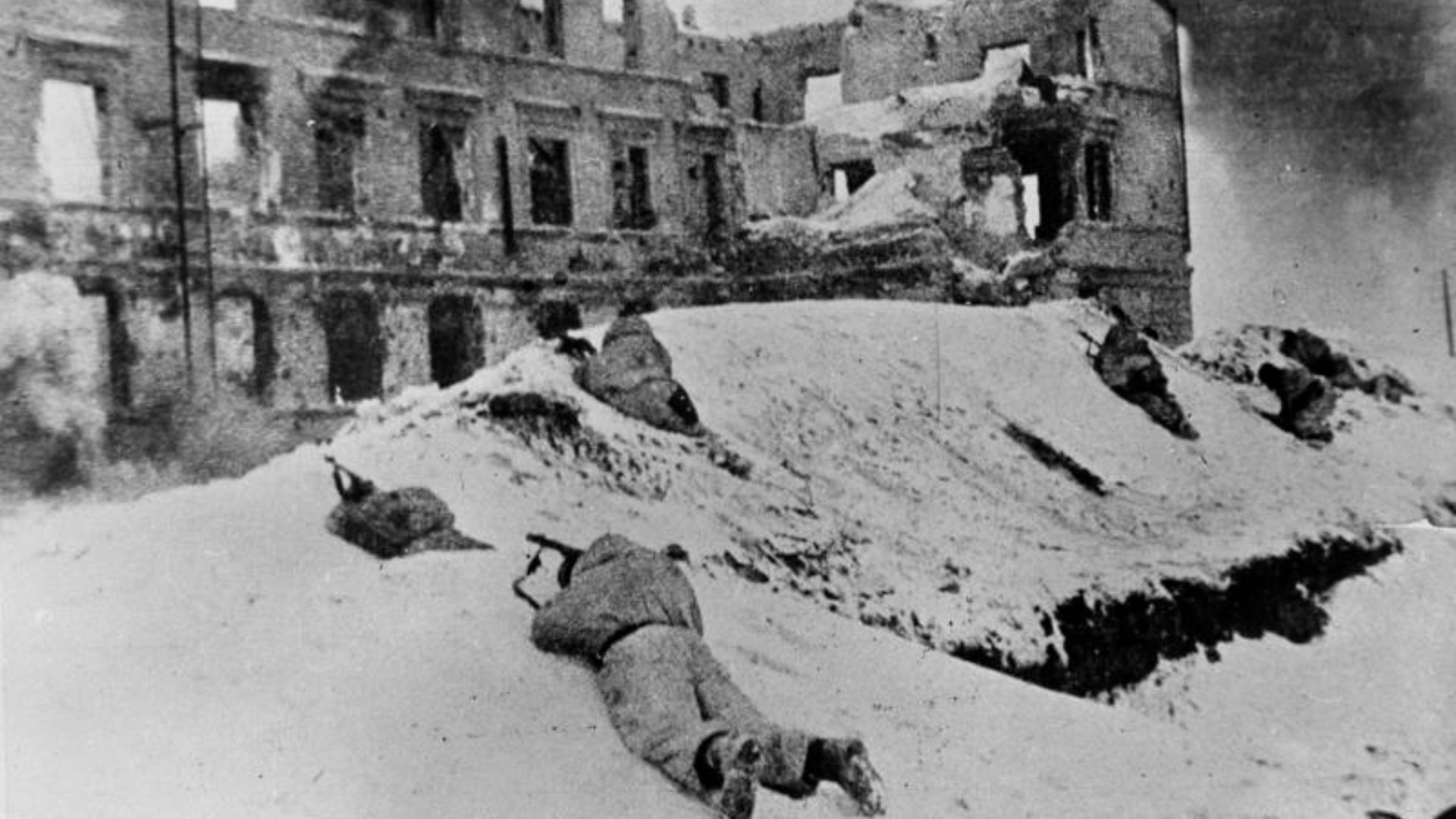
German Federal Archives/Wikimedia Commons
Some say it was the Battle of Midway in the Pacific, others say it was Stalingrad or the Battle of Kursk on the Eastern Front. Historians have proposed various moments as decisive turning points. If there is a definite turning point, why isn’t it as obvious as scholars want to make it seem?
Disagreements Over Turning Points in the War Make the Idea Invalid
Disagreements persist over the aforementioned “turning points.” There are even some parties who argue that the true turning point occurred with the Western Allies’ D-Day landing in June 1944.
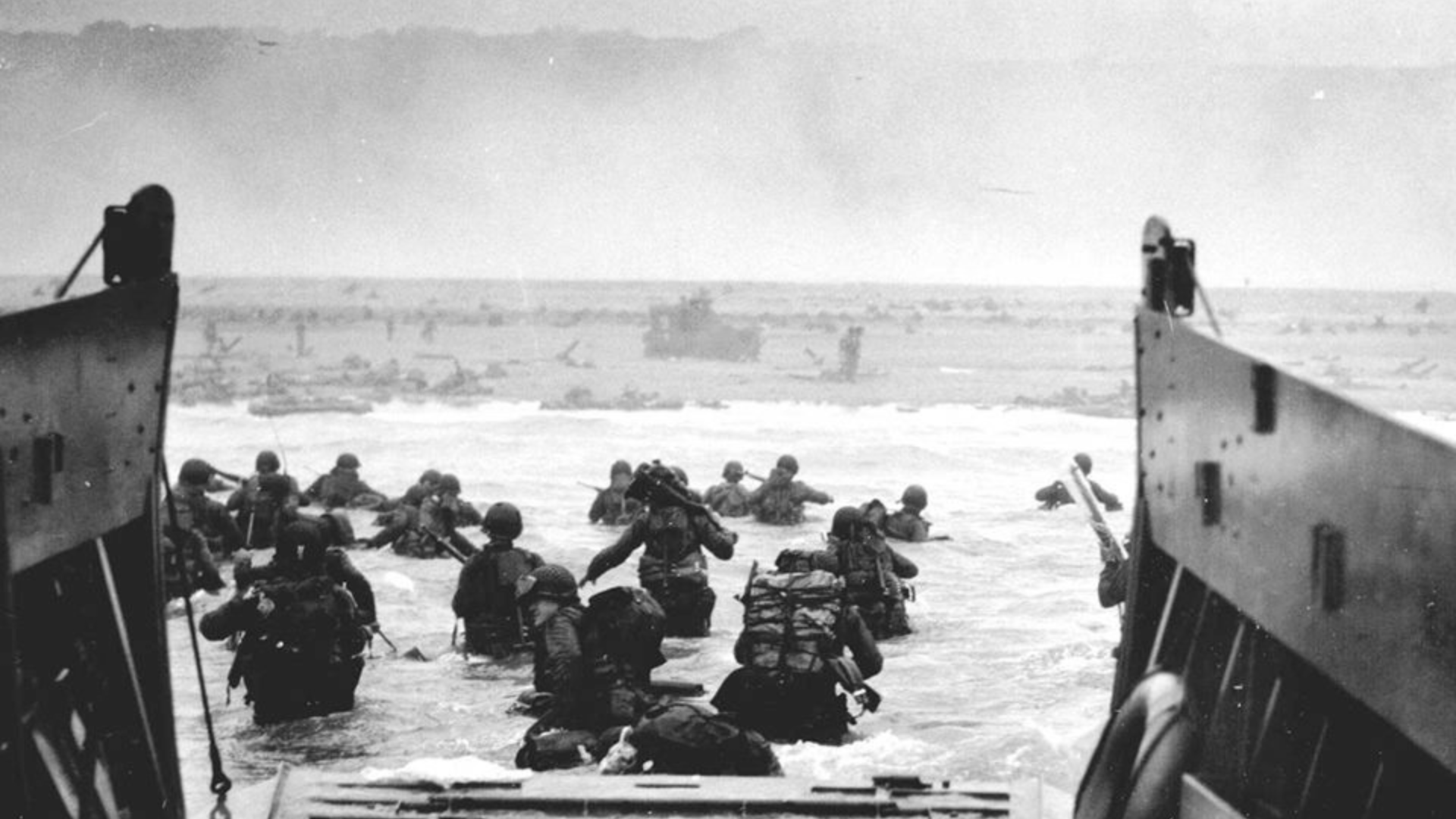
Source: U.S. Department of Defense/Wikimedia Commons
What these diverse perspectives do show is the intricate nature of global warfare. They also suggest that the term “turning point” oversimplifies the complex dynamics of World War II. To call any of them the definite turning point is to reduce and obscure a host of elaborate factors in search of easy answers.
Some People Have Tried to Deny the Holocaust
Holocaust denial, which is rooted in antisemitic conspiracy theories, propagates false narratives regarding the Nazi genocide of Jews during World War II. One major distortion involves challenging the concept of the “Final Solution.”
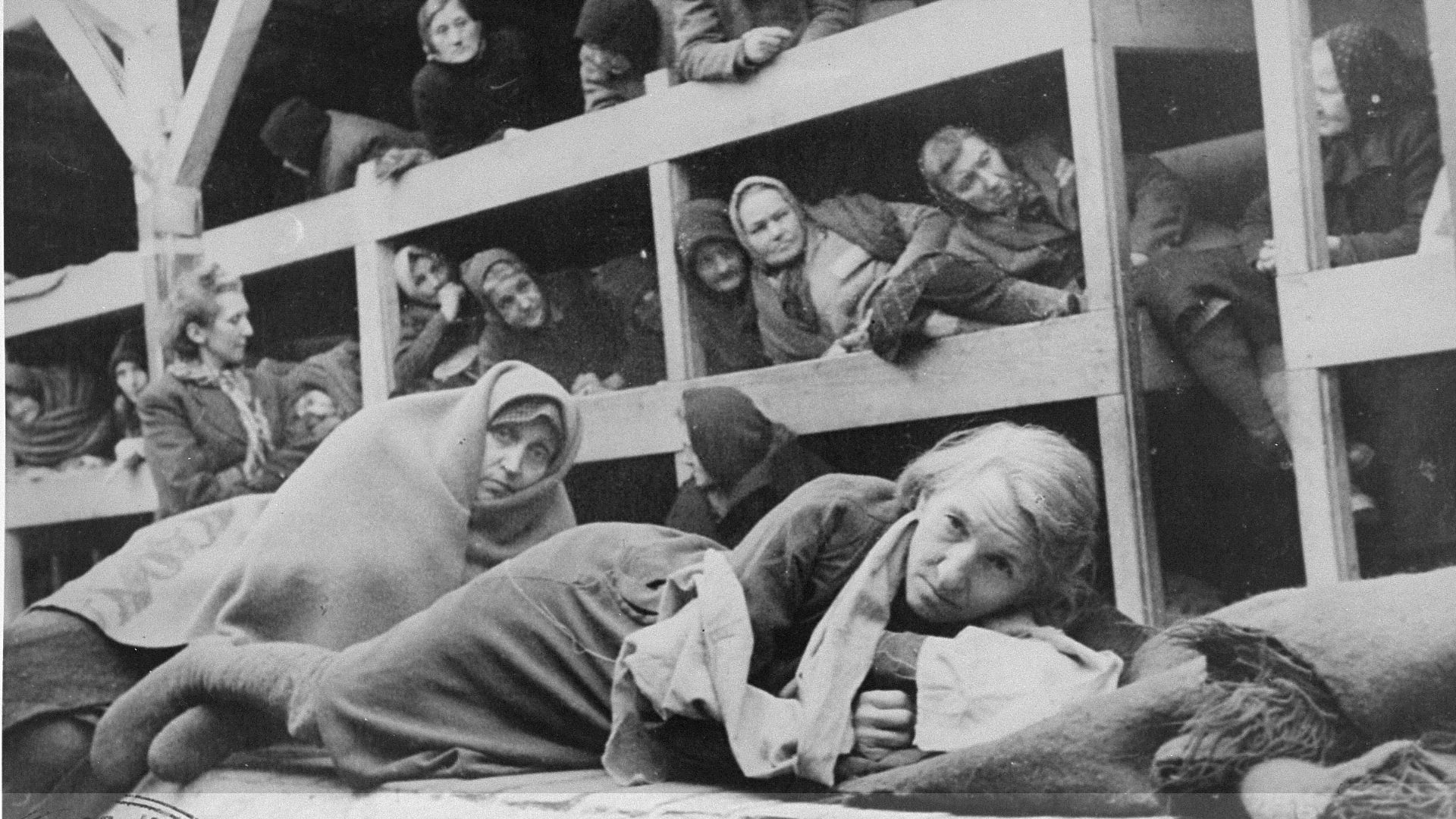
US Holocaust Memorial Museum/Wikimedia Commons
Deniers claim it was merely about deporting Jews from the Third Reich rather than exterminating them systematically. However, it is clear from historical evidence, despite Nazi attempts to destroy it, that the Final Solution was a deliberate and systematic murder of the Jewish people. Holocaust deniers also dispute the existence and use of gas chambers and extermination camps by Nazi authorities for mass murder. Surviving documentation such as camp registers, memos, and notes clearly show that these camps were very real and used for mass executions.
Minimizing Holocaust Victims and Labeling it a Hoax
Another false claim revolves around minimizing the number of victims. Deniers argue that the widely accepted figure of approximately 6 million murdered Jews is significantly exaggerated.
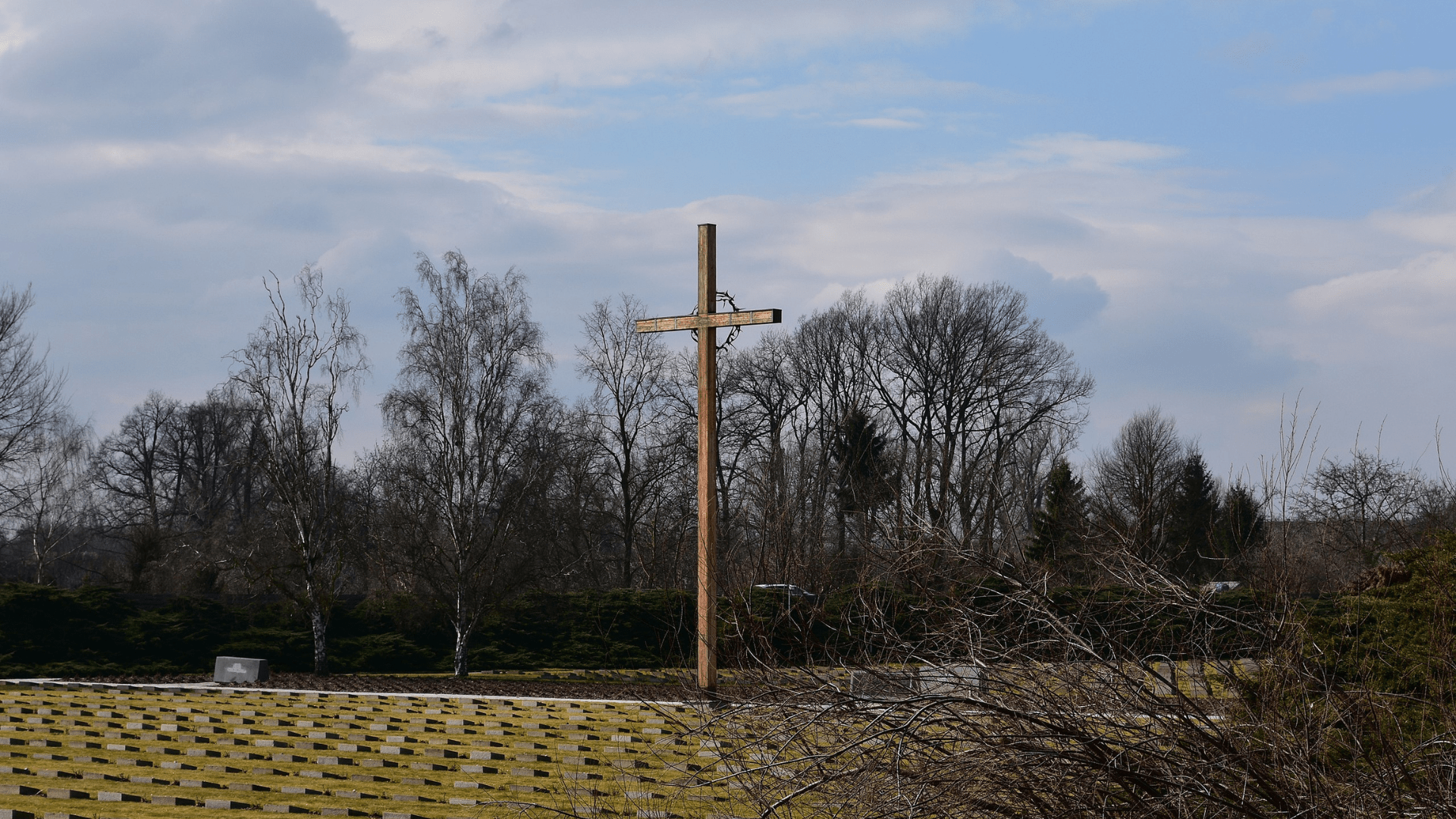
Richard Mortel/Wikimedia Commons
Some extremists even go as far as labeling the Holocaust as a complete hoax. They try to suggest that it was a fabrication either by the Allies, Jews, or the Soviet Union, all of whom had their own reasons for the hoax. The problem with these extremists is that they self-referentially cite one another in their pseudo-scholarly writings, so their arguments contain no reference to real historical documentation. Further, the fabrication of the Holocaust would require a mass conspiracy, since it would mean that all the evidence presented at the Nuremberg trials was a coordinated concoction involving many countries, lawyers, eyewitnesses, and former Nazi belligerents.
